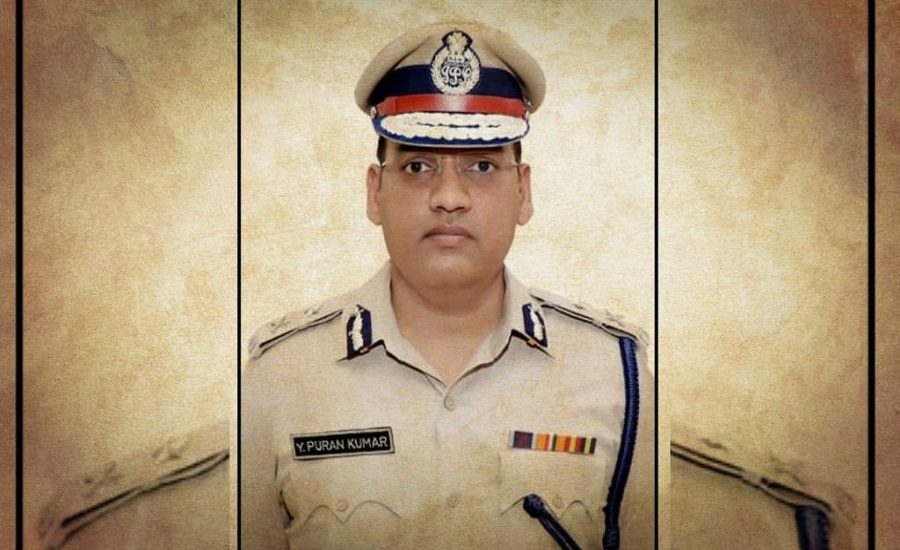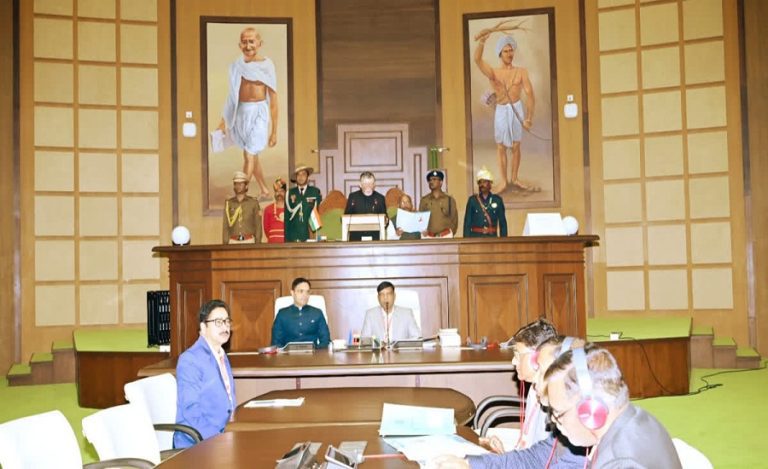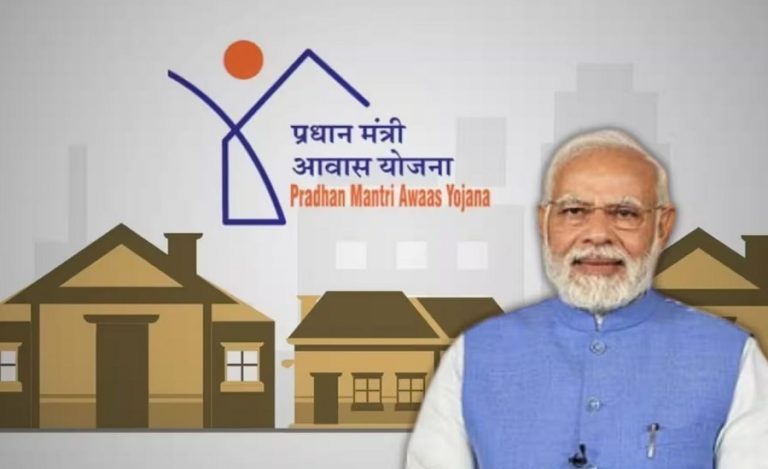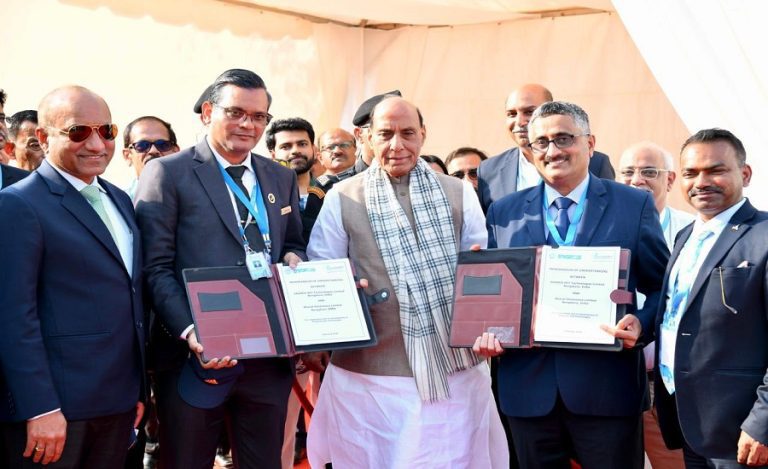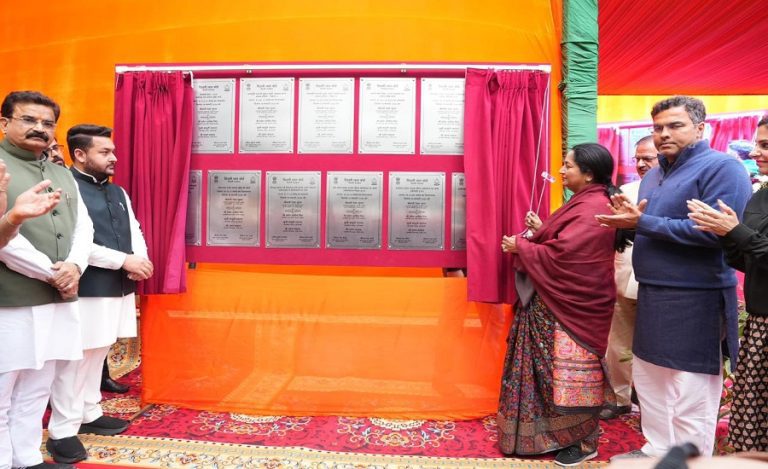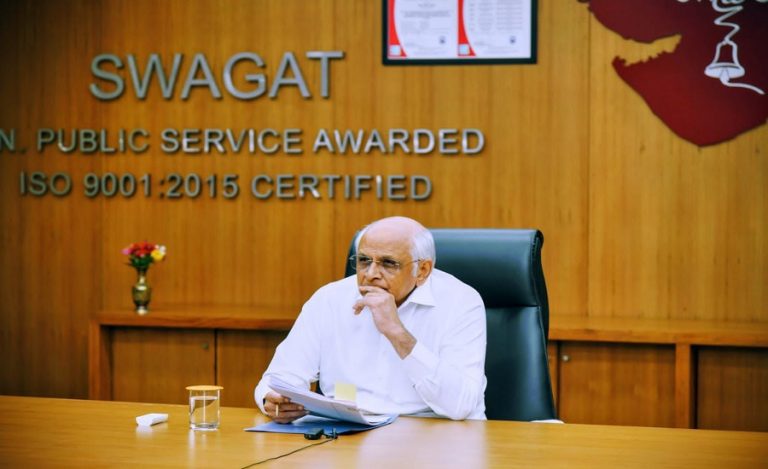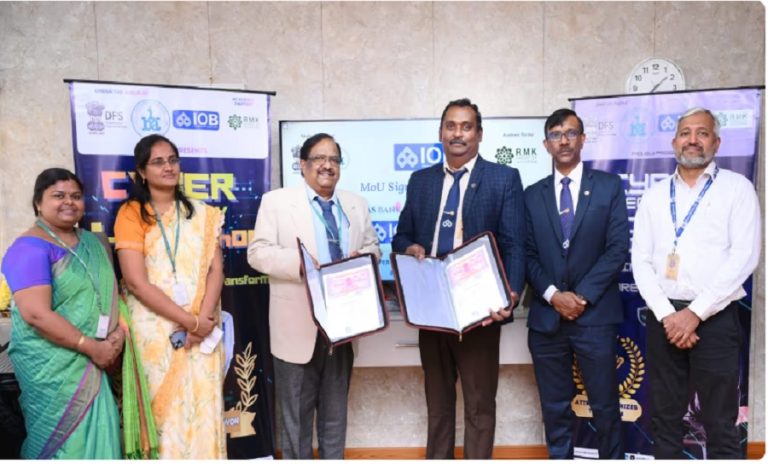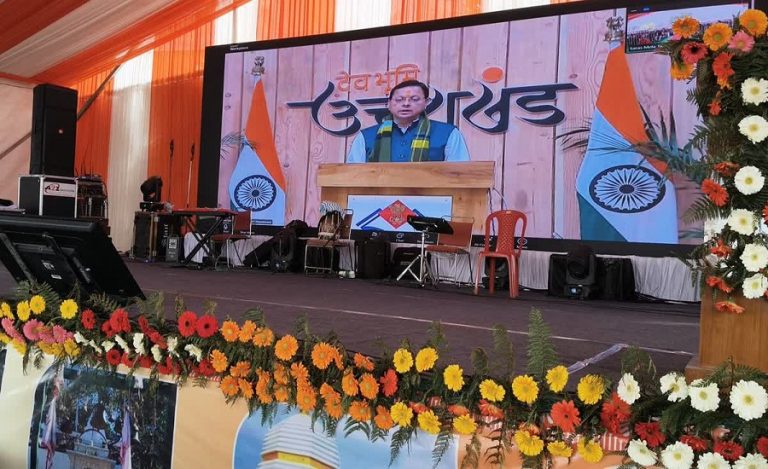The tragic death of senior Indian Police Service (IPS) officer Mr. Y. Puran Kumar has shaken the administrative and law enforcement community across North India. A 2009-batch Haryana cadre officer, Mr. Kumar was found dead at his residence in Chandigarh on October 7, reportedly having died by suicide. In his note, he cited harassment and caste-based discrimination by senior officers, including Haryana DGP Mr. Shatrujeet Kapur and then Rohtak SP Mr. Narendra Bijarniya.
His wife, senior IAS officer Ms. Amneet P. Kumar, has been leading the demand for justice, insisting that the case be investigated transparently and impartially. Mr. Kumar, belonging to the Dalit community, had earned a reputation for integrity and professionalism in the police service, making his death a matter of deep public concern and bureaucratic introspection.
High Court Questions Chandigarh Administration
Taking serious note that over a month had passed since the incident, the Punjab and Haryana High Court on Monday asked the Chandigarh Administration to present a detailed update on the stage and progress of the investigation. Chief Justice Mr. Sheel Nagu, while hearing the matter alongside Justice Mr. Sanjiv Berry, questioned the UT counsel: “What is the latest position? Where has the investigation reached? Has it reached anywhere?”
The Court was hearing a Public Interest Litigation (PIL) filed by Mr. Navneet Kumar, an NGO president, who has sought that the probe be handed over to the Central Bureau of Investigation (CBI). He argued that if a senior IPS officer could face such harassment leading to death, the implications for common citizens were alarming.
SIT Formed, CBI Plea Examined
Responding to the Court’s queries, counsel for the Chandigarh Administration informed that a Special Investigation Team (SIT) headed by IPS officer Mr. Pushpendra Kumar was constituted on October 10 — three days after the incident and a day after the FIR was lodged. The counsel maintained that the investigation was proceeding under a separate police unit and not under any officer named in the FIR.
He further submitted that there was “not even a whisper of allegation” against the Chandigarh Police in the petition, stressing that transferring the probe to a central agency like the CBI should only occur in “exceptional and rarest of circumstances.” The Court has granted the UT counsel time till Wednesday, November 12, to update it on the current status of the investigation.
Allegations and Administrative Fallout
In his suicide note, Mr. Kumar reportedly accused senior police officials of systemic bias and targeted harassment. The note triggered major administrative action, leading to the temporary removal of Haryana DGP Mr. Shatrujeet Kapur and SP Mr. Narendra Bijarniya.
The controversy deepened when another police official, Mr. Sandeep Lathar, who had previously arrested one of Mr. Kumar’s aides in another case, also died by suicide. Mr. Lathar’s note reportedly contained corruption allegations against Mr. Kumar and his family, adding complexity to the ongoing investigation.
Bureaucratic Impact and Governance Concerns
The tragic sequence of events has raised questions about accountability, caste bias, and mental health within the bureaucracy. The case highlights the immense pressures officers face and the urgent need for institutional mechanisms to address harassment and stress within administrative and police frameworks.
Experts say the case’s handling will serve as a test of the justice system’s ability to balance bureaucratic integrity with transparent accountability. The judiciary’s active monitoring and the SIT’s probe progress are being closely followed by both the public and the administrative community.

